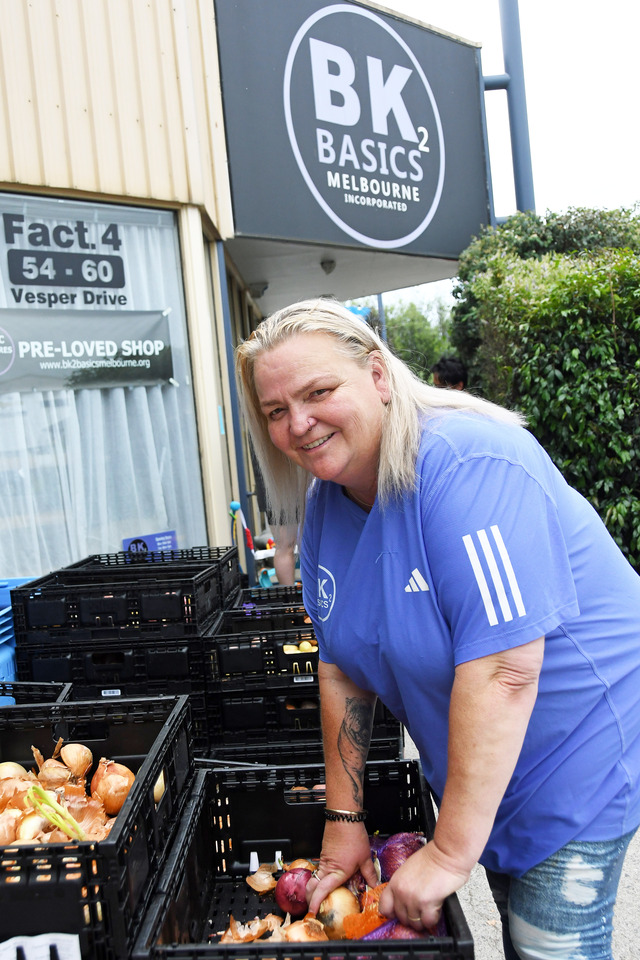By Kelly Yates
CASEY Support Services has reported an increase in counselling to combat housing shortages.
Manager of Cranbourne information and support service Leanne Petrides said the organisation had been seeing more clients threatened with house repossessions due to high mortgages.
“People are finding they can’t pay their mortgages and are being forced to sell,” Ms Petrides said.
“But they will do anything not to get their homes repossessed.”
Ms Petrides said the pressure of buying food, petrol, paying for bills and housing costs were all reasons for the increase in help needed in Casey.
“Casey statistics reflect a lower income and the bills just seem to pile on. That’s when people start to do something about it.”
There is currently a four-week waiting list for financial assistance and support.
Ms Petrides said most people sought help as a last resort.
“Seventy per cent of our new clients are residents with some kind of housing stress,” she said.
“They live from pay to pay and play the financial juggling game.”
Ms Petrides said the continued soaring cost of rental accommodation meant people were struggling and in a stressful situation.
“Financial pressures add to family pressures and relationships are put to the test.”
During December and January the organisation spent an extra $23, 000, in addition to the $7000 budget, helping families with their back to school needs, Ms Petrides said.
Staff counselled about 185 families over that period, for a range of problems.
Volunteers at the Cranbourne Information and Support Service are fully trained, Ms Petrides said.
“We all take our jobs very seriously and we thrive on the key of strong support.”
One of the 25 volunteers, George, said they are seeing more clients now than ever before. People are finding it terribly hard; it just gets harder and harder as the cost of living increases.”
He said their financial counsellor was flat out and estimated that about 20 people a day would contact the service for help.
“We see people from the ages of 17 up to retired pensioners.”
More suffering mortgage stress
Digital Editions
-

Springvale seniors set to fundraise for Monash Children’s Hospital
The Springvale Italian Senior Citizens Club is set to fundraise for the Monash Children’s Hospital this year. As part of their annual October fundraising event,…





